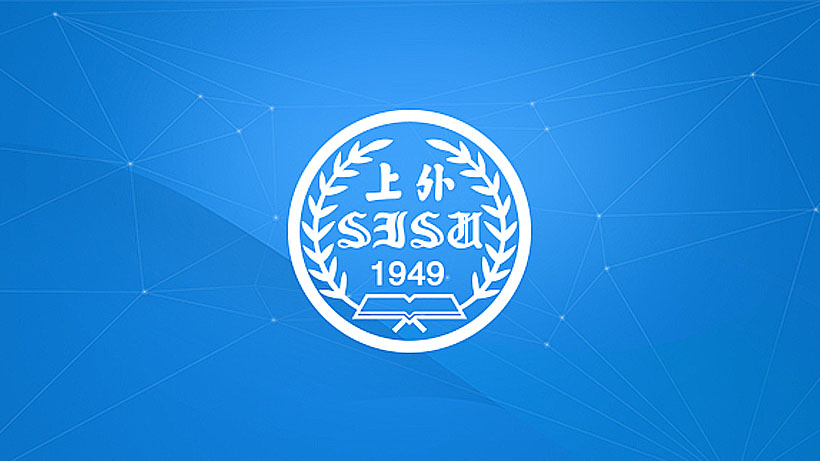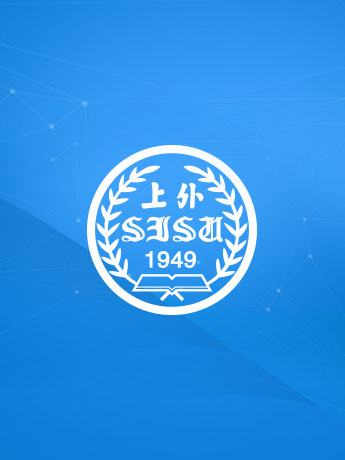
The idea that translation is old, and that Translation Studies is very young (Daniel Gile) happens to take particular relevance in the case of Indirect Translation (iTR): well-known translation phenomena from past and present times seem to have been rather systematically excluded from scholarly and intellectual discourse. Publications on iTR are indeed very young, they have lead in a short time into spectacular results under different names, e.g. as Second-Hand Translation (von Stackelberg 1984), or as relay translation (relay interpretation), first without being identified as a functional component of translation cultures (except since Toury 1978; Toury 1995), then while inspiring more and more younger scholars from TS after 1990. Indirect translation remains a common translation practice interpreting. This interesting and very contemporary fragment reflects a peculiar State of the Art. Maybe a certain worldview among people/scholars? Distances: is China too far away? For whom exactly? The big surprise is indeed that the ubiquity of iTR – and not just of translations - in the long-distance relations between continents seems to have been the object of study in quite a few important publications, in general without references to modern translation theories. And often in connection with Big Books: religious and political texts, it seems that the (re)discovery of World Literature, whatever it may mean, is just a component of World Culture. And maybe we remember that World Literature is hard to understand without translation (or TS). In fact, the history of TS tends to be shortsighted, not only in terms of distances, but also in terms of disciplines: how can we account for iTR without the study of more than one língua franca, without a better integration of language hierarchies, without a better knowledge of the more than seven Thousand languages: where, when, how, why?
本次讲座在线上平台zoom进行,有意参加者请扫描附件中的二维码,注明:单位/学校+姓名,加入微信群
José Lambert
After finishing his career as a Professor Emeritus at KULeuven (2006), José Lambert continued active teaching in Brazil (2011-2020: UFSC and UFC). Since the mid-seventies he has also functioned in many countries as a visiting professor and researcher (Amsterdam, Paris-Sorbonne (three times), Namur, Univ. of Pennsylvania), New York (NYU), Edmonton, Gottingen, South-Africa. His career has always combined organizational functions with interdisciplinary research and methodology. He was the European Secretary of ICLA and FILLM (1985-1991), the Founding Vice-President of both the Societe Belge de Litterature Generale et Comparee and the European Society for Translation Studies (1992). But he is mainly known as one of the fathers of TS (Translation Studies), first with James S Holmes and Gideon Toury (since Leuven 1976) (in a group including Even-Zohar, Bassnet, Lefevere, Vanden Broeck, Van Gorp). These were the founding years of the new discipline TS, when Target (John Benjamins) and several other publications were created, as well as the European Society for TS (EST) and CETRA (it trained almost 1000 scholars on 5 continents). Together with his research options, Lambert's work moved between CL and TS, -and beyond. While first exploring French, German, romantic traditions, he moved more and more into Internationalization where he revised the too narrow Source/Target dilemma. He insisted on Internationalization and Interdisciplinarity together with pioneers like Anthony Pym, Michael Cronin, Yves Gambier, and Daniel Gile. Franz Pochhacker, Christina Schaffaer).
新闻报道

